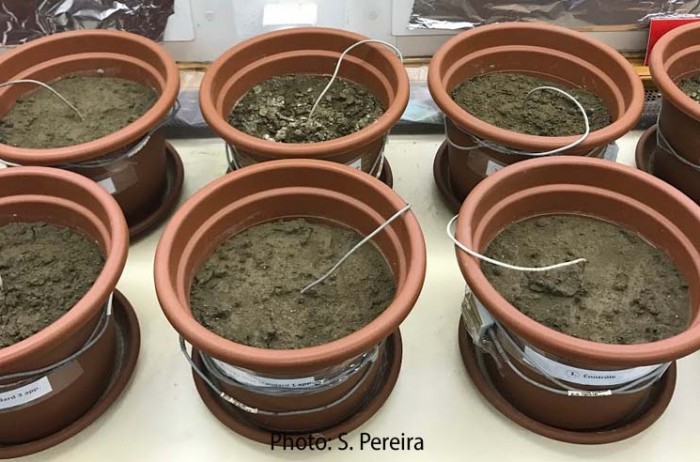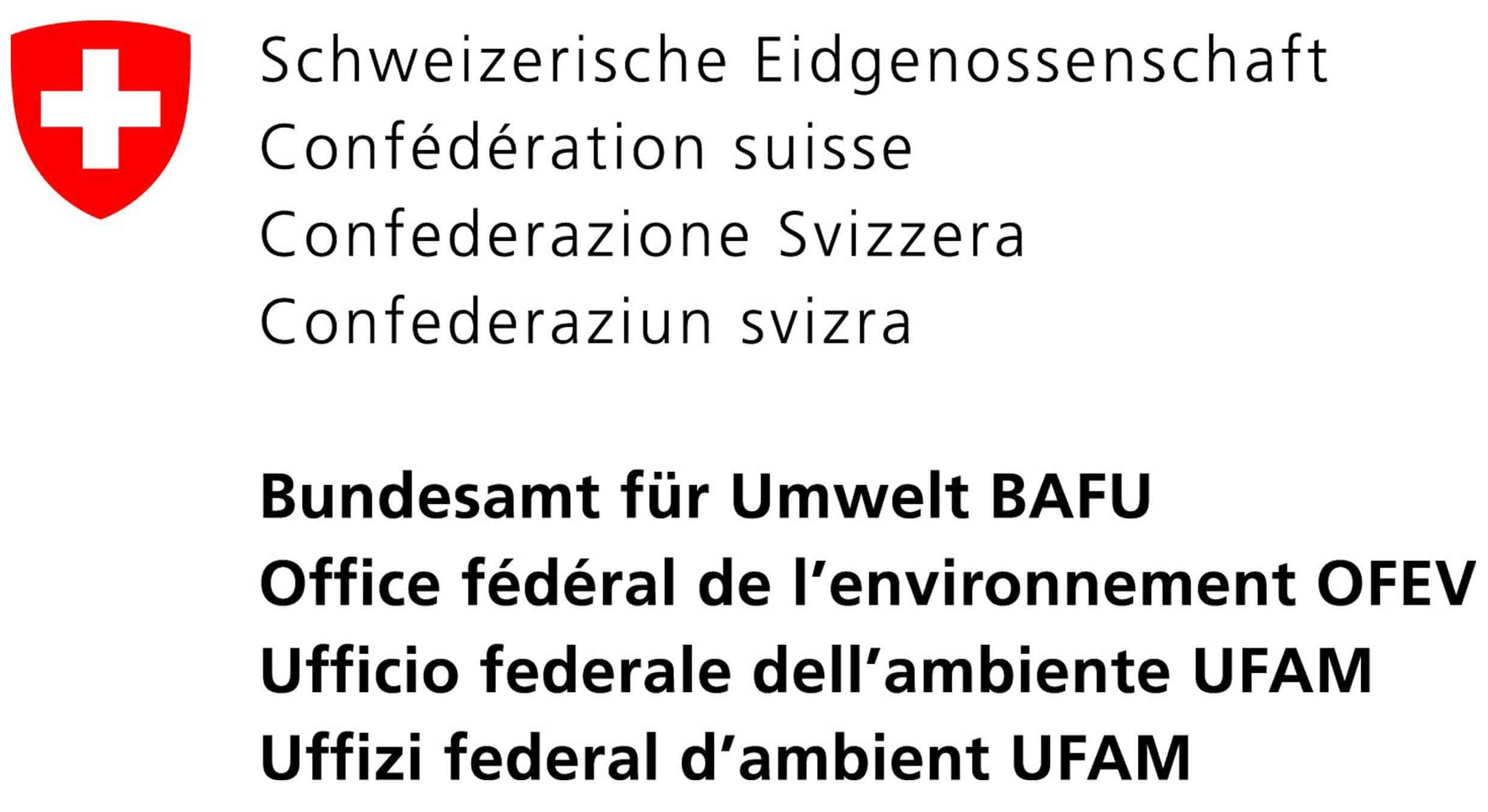
Effect of a biopesticide on soil microbial community: study in mesocosm
The effects of synthetic pesticides on human health and on the environment are a growing concern among consumers, farmers, environmental managers and politicians. Thus modern agriculture is pushed into promoting the use of environmentally friendly alternative products, such as plant protection product containing microorganisms (biopesticides). Significant efforts are usually made to evaluate the effect of these products on pests and plant protection. However, the environmental fate of these microorganisms and their potential impact on non-target soil microorganisms are poorly evaluated. This lack of information is largely explained by the methodological limitations of conventional approaches (culture and identification of microorganisms under the microscope), which do not allow detailed and rapid analysis of the microorganism communities. However, thanks to the new identification approaches, based on DNA (« barcodes ») sequences coupled with ultra-high throughput sequencing techniques, it is now possible to quickly and unexpensively characterize soil microbial communities (microbiome). These new approaches greatly facilitate the assessment of the impact of biopesticides on native soil microorganisms.
The main purpose of this project is to provide and verify the plausibility of the risk scenarios, which must be taken into account when implementing the authorization for an environmental dispersal. These scenarios are based on models derived from research. In this case, we will test the hypothesis relating to the impact of microorganisms on communities of bacteria, fungi and soil protists and analyze community temporal dynamics.
The project plans to test in mesocosms the impact of a biopesticide on the soil microbial community by sequencing analysis. This biofungicide, widely used in Europe, is effective against gummosis (Didymella) and soil pathogenic fungi (Fusarium, Phytophthora, Pythium, Rhizoctonia). The organism contained in this product acts by competition and parasitism of the target organism.
This study will have the originality of analyzing the impact of a biopesticide on all major groups of soil microorganisms (bacteria, fungi and protists). In general, this type of studies are limited to the analysis of bacterial and/or fungal communities.
Valorisation
HEGER T., High-throughput sequencing data and bioinformatic tools open new perspectives for ecotoxicological assessment of biopesticides in soils, The 10th Expert Group on BioPesticides of OECD, Seminar on “Bioinformatics and regulation of microbial pesticides », 24 juin 2019, Paris, France
2018 – in progress
Funding: Federal Office of the Environment (FOEN)


